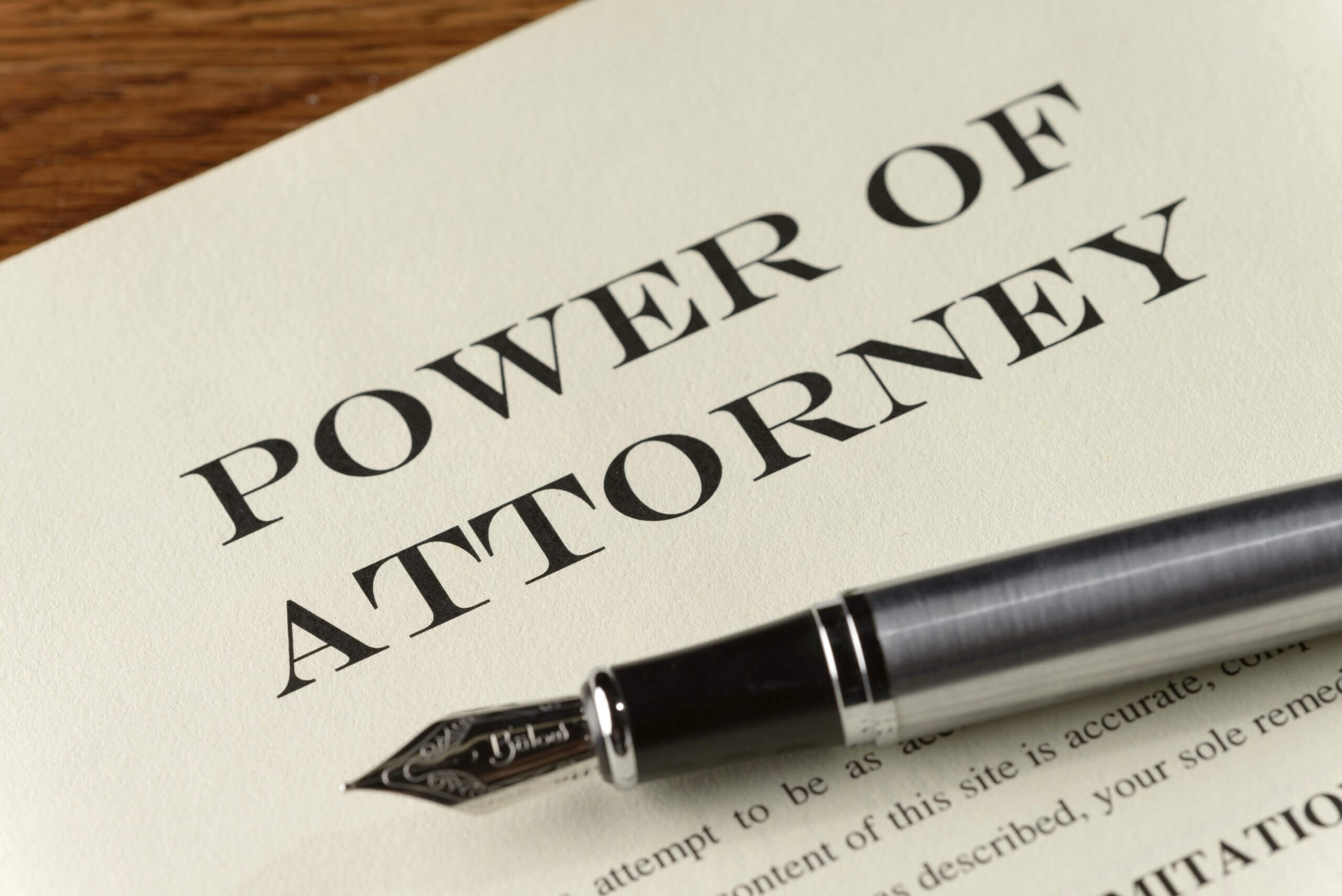Appointing an EPA – what is that; and, when is one needed?

Appointing an EPA is an important process that can save a lot of inconvenience and embarrassment during times of indisposition. An Enduring Power of Attorney (an EPA) is an important legal document that can be self-prepared – or preferably, be professionally prepared – to empower another person to make personal or financial decisions on behalf of the appointor. The appointee becomes attorney the appointor and can undertake actions authorised under their appointment.
Appointing an EPA will be embraced in most Estate Planning exercises, but is occasionally undertaken in a ‘stand alone’ action in response to some particular forthcoming event.
There will occasionally arise situations when it will not be convenient to make decisions, even those that need to be resolved promptly (urgently). Severe illness can interrupt the ability to make decisions about medical treatment. Suffering a disability such as a stroke so severe that it prevents you from communicating your wishes to others is an all-too-common occasion.
(Clients of this firm, who had engaged us to arrange EPAs for them before heading overseas have recently been able to call on their ‘attorney’ to act on their behalf to conclude important, urgent matters, saving them considerable added costs had they been required to attend to these matters from their new bases.)
Can anybody appoint a person to act with the Power of Attorney?
To be eligible to appoint an enduring power of attorney the appointor must be an adult capable of making their own personal and financial decisions at the time of making the appointment (or at the time of any change to that appointment).
Being capable of making decisions is usually expressed in legal jargon as ‘having capacity’ to make decisions; and is able to be determined if you:
- understand the nature and effect of a decision;
- freely and voluntarily make those decisions; and
- communicate the decisions in some decipherable way.
Is an EPA for everyone?
Before making an appointment of this type, it is important to understand the nature and effect of an enduring power of attorney including the contents of the document, consequences of preparing the document and when the power begins. We also suggest that it would be wise to ensure that the attorney(s) understand their responsibilities under the power they are being granted.
In Queensland, the Justice Department provides the following pointers to gathering that understanding:-
Choosing an attorney: Your attorney’s decisions will have the same legal force as if you had made them yourself. They should be chosen wisely.
Responsibilities of an attorney: An attorney must act honestly and make responsible decisions. They can be removed if they behave improperly, albeit perhaps at some not inconsiderable cost in certain circumstances.
Making an enduring power of attorney: You can complete an Enduring Power of Attorney (EPA) yourself but you may wish to first consider talking to your solicitor (and this is a course of action that Continuum Financial Planners Pty Ltd recommend).
Improper behaviour by an attorney: An enduring power of attorney can be revoked or suspended if the attorney behaves improperly, again perhaps at some not inconsiderable cost.
Further information about Appointing an EPA –
The Public Trustee of Queensland (the PT) is a State Government authority, separate from the Queensland Department of Justice. The PT is authoritative on the topic. Their material has been made quite reader-friendly and we have provided the link to their website page: Enduring Power of Attorney.
We also identified a private legal firm1 with a specific post discussing the topic in similar language to our own: and we link to their website page: Enduring Powers of attorney (Queensland).
1Attwood Marshall, Lawyers
May we be of assistance?
The experienced advisers in the Continuum Financial Planners Pty Ltd team are able to break down the barriers of confusion and misunderstanding that often prevail when estate planning is being undertaken; and particularly when making of the Last Will and Testament is being considered. Our service allows you to discuss the major issues and to be well prepared to provide instructions to your lawyer (or one we can recommend who specialises in this field) – ‘we listen, we understand and we have solutions’: to arrange a meeting to sort out your estate planning matters, call our office on 07-34213456, or use the Contact Us facility on our website.


